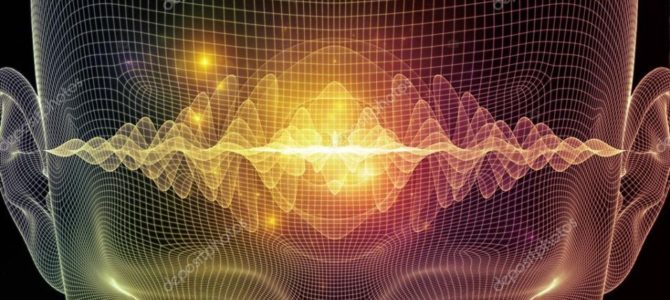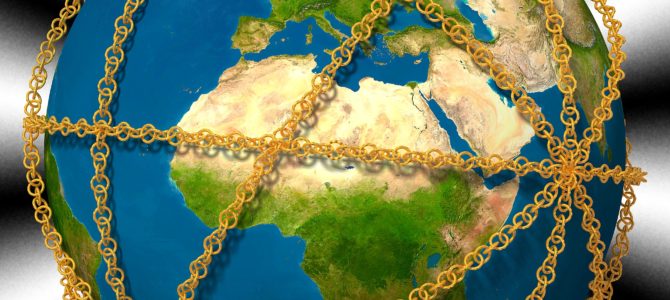Harmony of Science and Religion By; Sam Saté-Askew to Spiritual ESD on FB Celebrating the 9th Day of Ridván Looking at this Historic Event through the quantum mechanics lens. The topic of Unity being central to the Teachings of Baha’u’llah, is well understood…
Harmony of Science and Religion





